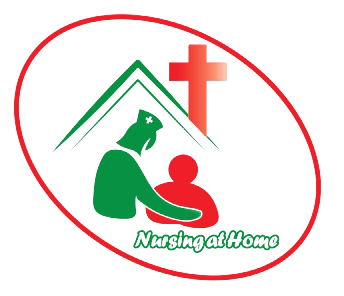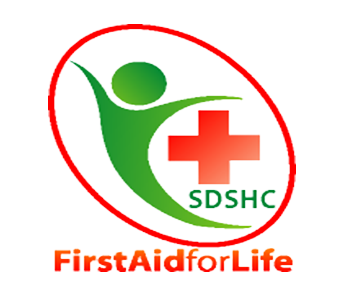BIPAP – Ventilator Patient Care at Home
BIPAP/CPAP-ventilated patients can receive comprehensive care at home, including monitoring, equipment management, and skilled nursing support.
We are Committed to
All Clients are Supervised Regularly
Regular Home Visits. Evaluation and monitoring integrated nurses progress. Revising update nursing care plan. 24/7 Phone Support.
Your Choice
Your care is completely determind by you. You determind the type of care, How it is delivered and who delivers it.
SUPPORT FOR YOU 24/7
Our tem are on-call 24/7, so we can help you when you need us the most.
LEVEL : 1 (RN)
Critical Care Nursing : Where require continuous vitals monitoring such as ICU, HDU, NICU, PICU, Neuro - ICU , Patients,. Which covers Tracheostomy (TT) care, Pressure Sore Intake Output, PEG / NG, Feeding tube, Suction & Nebulization, CV / Dialysis Catheter Care, CPAP - BIPAP, Ventilated and daily others necessary nursing care.
LEVEL : 3 (NT)
Nursing Technician : General Nursing Certified Care Based experienced to manage daily bedside care needs. Such as NG Feed Suction, Chest Physiotherapy, Inaulin given and many more bedside care activities according to nursing care plan.
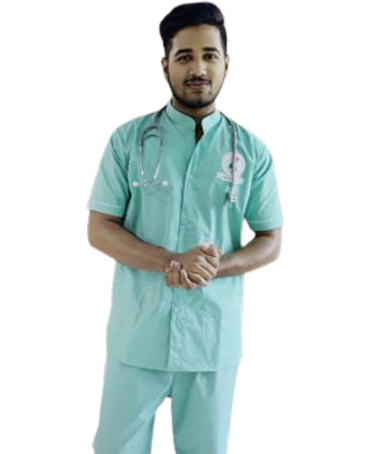
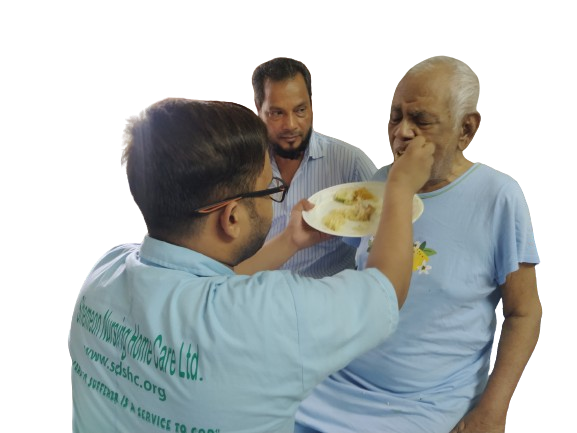
ALLOCATION
6 (Six) Hours.
8 (Eight) Hours.
12 (Twelve) Hours.
24 (Twenty four) Hours.
Emergency Medical Support.
LEVEL : 2 (RN)
General Care Nursing : Will take wound care to Basic life support care. eg ; NG Feeding, Suction & Nebulization, IV Cannual, Urinary Catheter, Minor Dressing, Medication and other routine nursing care.
LEVEL : 4 (PCA)
Nursing Technician : Community Care Assistant (CCA) : Designed to assist with your daily bedside Necessity. eg; Helping to bath, Oral Feeding, Diaper Changing, Positioning, Mobilization, Walking Support and many more.
Caregaiver have been screened PTB & Vaccinated.
Drug & alchol abuse background check.
Trained about basic infection control & CPR, AED.
Choose Our Medical Services
If you need urgent care, simply call our 24 hour emergency hotline.
Your personal case manager will ensure that you receive the best possible care.
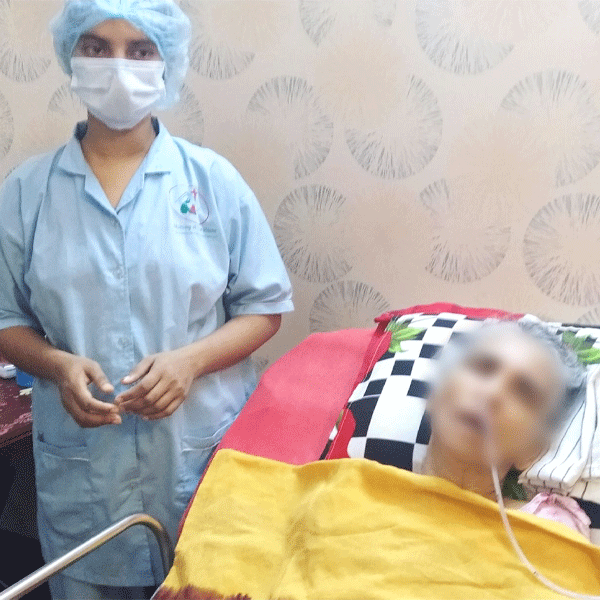
Frequently Asked Questions
What Our Client Says


